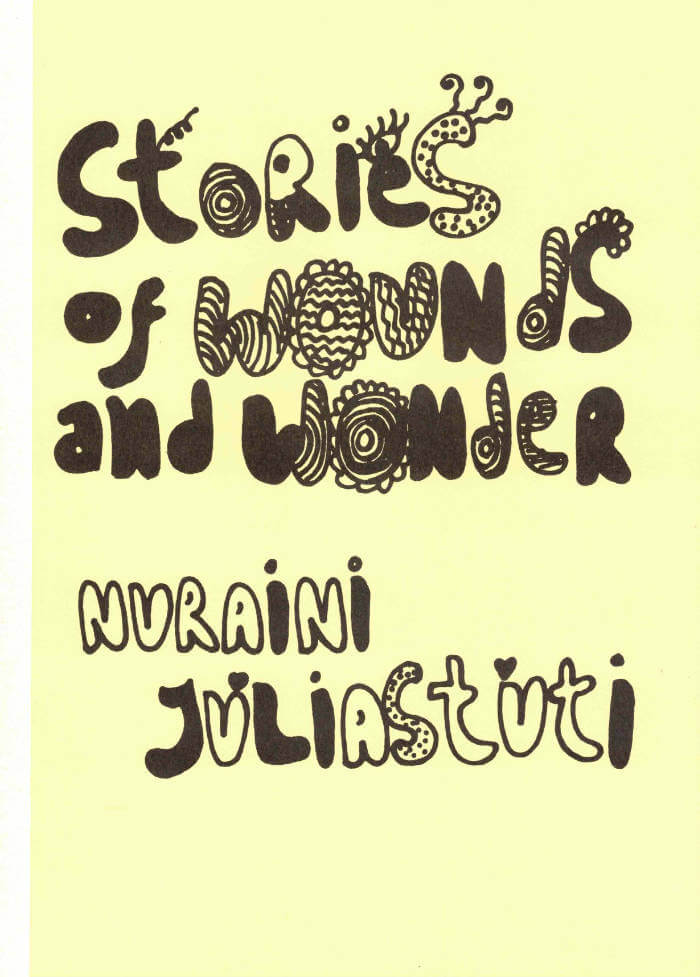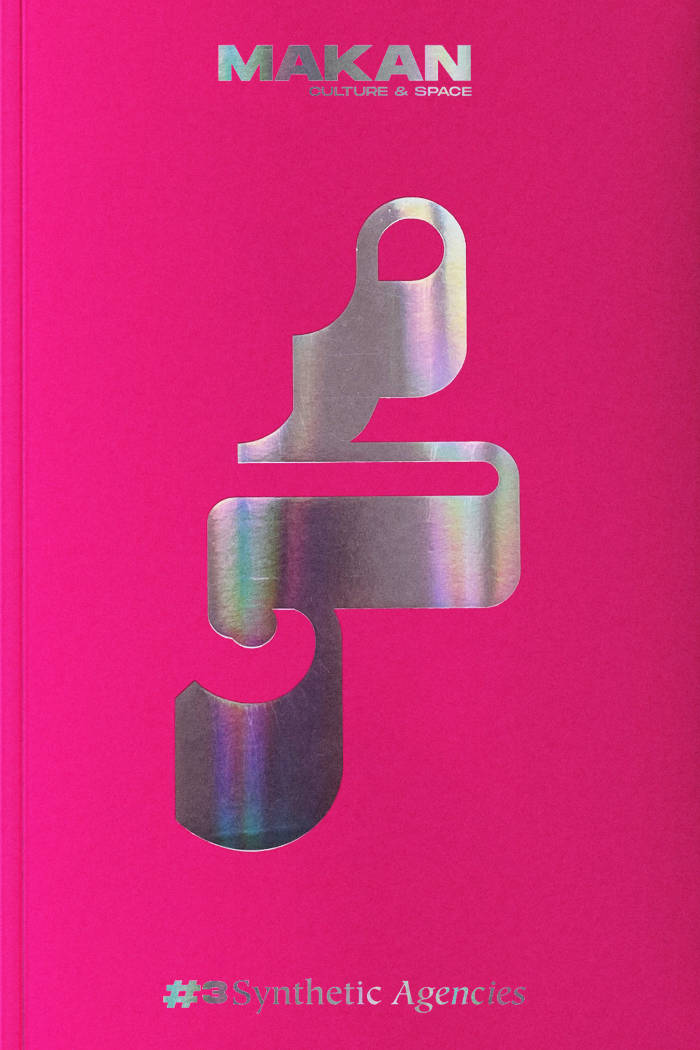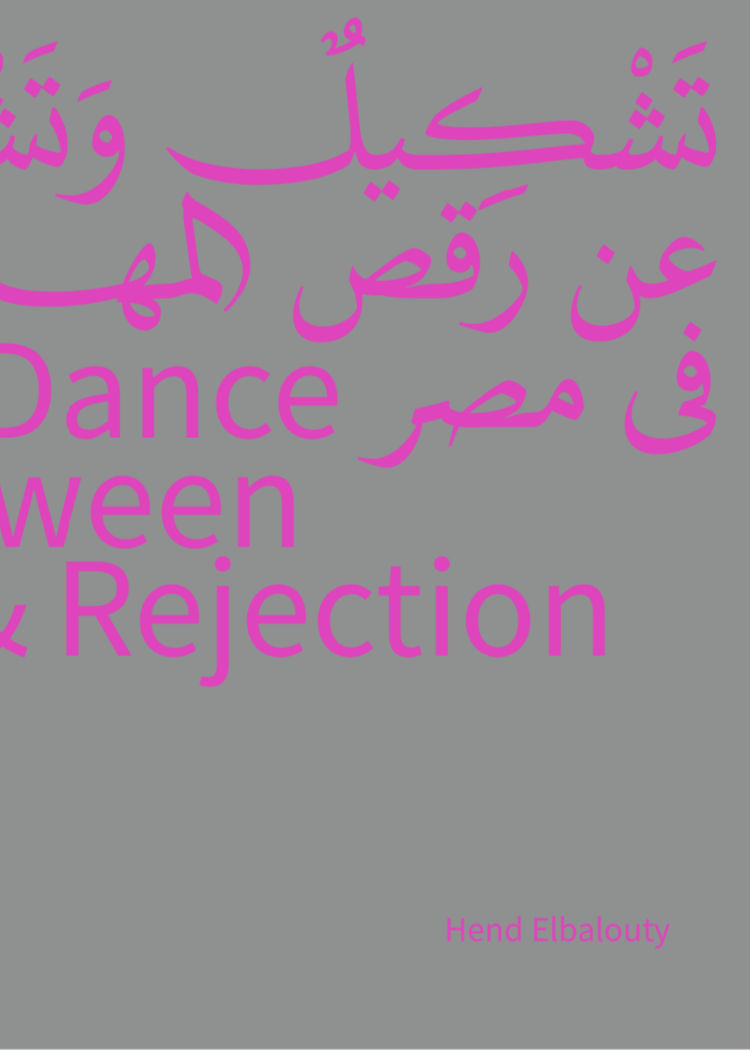
Colonial Toxicity: Rehearsing French Radioactive Architecture and Landscape in the Sahara
Between 1960 and 1966, the French colonial regime detonated four atmospheric atomic bombs, thirteen underground nuclear bombs and conducted other nuclear experiments in the Algerian Sahara, whose natural resources were being extracted in the process. This secret nuclear weapons programme, whose archives are still classified, occurred during and after the Algerian Revolution, or the Algerian War of Independence (1954–62). This publication brings together nearly six hundred pages of materials documenting this violent history of France’s nuclear bomb programme in the Algerian desert.
Meticulously culled together by the architectural historian from across available, offered, contraband, and leaked sources, the book is a rich repository for all those concerned with histories of nuclear weapons and engaged at the intersections of spatial, social and environmental justice, as well as anticolonial archival practices.
Language: English







